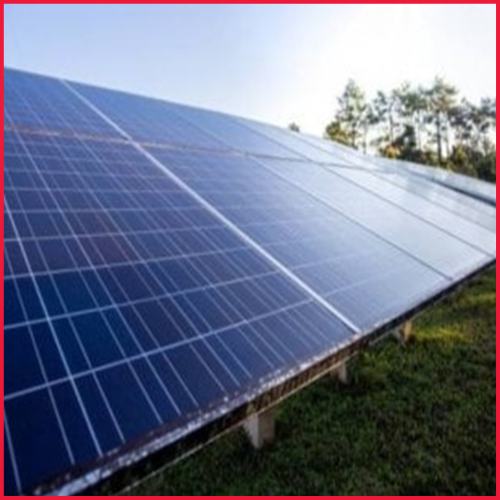Germany’s economy has entered a recession as the latest data from the statistics office reveals a contraction in the first quarter of 2023 compared to the previous three months. The gross domestic product (GDP) fell by 0.3% when adjusted for price and calendar effects, marking a continuation of the decline from the fourth quarter of 2022, which saw a contraction of 0.5%. The commonly accepted definition of a recession is two consecutive quarters of economic contraction. The initial estimate had indicated a stagnation of GDP in the first quarter, raising hopes of avoiding a recession. However, the revised data shows a downturn.
Analysts attribute the recession to the weight of significant inflation, which has weakened German consumers and subsequently dragged the entire economy down. Andreas Scheuerle, an analyst at DekaBank, points to the fact that household consumption was down 1.2% quarter-on-quarter after considering price, seasonal, and calendar adjustments. Furthermore, government spending also decreased significantly by 4.9% during the same period. These factors, combined with inflationary pressures, have put significant strain on the German consumer and hindered economic growth.
Despite some positive developments, such as a rebound in industrial activity aided by the reopening of the Chinese market and a reduction in supply chain frictions, these factors were insufficient to steer the economy away from the recessionary danger zone. Carsten Brzeski, ING’s global head of macro, explains that the warm winter weather and other positive influences were overshadowed by inflation and consumer weakness. Brzeski emphasizes that the German economy failed to capitalize on the initial optimism at the beginning of the year, and a sense of reality has now set in.
In terms of investments, the first quarter of 2023 saw a rise following a weak performance in the second half of 2022. Investment in machinery and equipment increased by 3.2% compared to the previous quarter, while investment in construction rose by 3.9% during the same period. Trade also made a positive contribution, with exports increasing by 0.4% and imports falling by 0.9%. However, these positive indicators were overshadowed by the overall weak economic performance and the toll taken by the significant rise in energy prices during the winter months.
Joerg Kraemer, Commerzbank’s chief economist, highlights the challenges facing the German economy, including a drop in purchasing power, diminished industrial order books, aggressive monetary policy tightening, and the anticipated slowdown of the US economy. These factors collectively point towards a continuation of weak economic activity. Kraemer also points out that key leading indicators in the manufacturing sector are declining, as evidenced by the recent drop in the Ifo business climate index.
The German Bundesbank, however, holds a more optimistic view, anticipating modest economic growth in the second quarter. According to their monthly economy report, a rebound in the industrial sector is expected to offset stagnating household consumption and a slump in construction. The Bundesbank’s outlook suggests that the German economy may see some improvement in the coming months, although the extent and sustainability of the recovery remain uncertain.
The German economy has officially entered a recession, with a contraction in the first quarter of 2023 following a decline in the previous quarter. Weakening consumer spending, coupled with inflationary pressures, has played a significant role in dragging down the economy. Positive factors such as investment growth and favorable trade performance have been overshadowed by the overall weak economic activity. Challenges lie ahead, including a drop in purchasing power and potential slowdowns in the US economy. While the Bundesbank expects a modest rebound in the second quarter, the outlook for the rest of the year remains uncertain.














